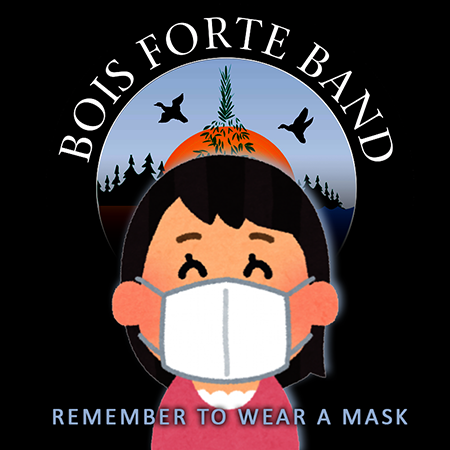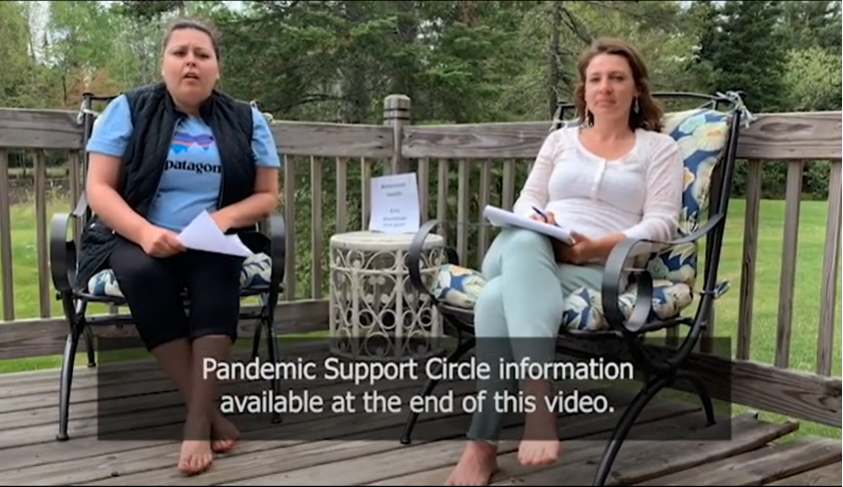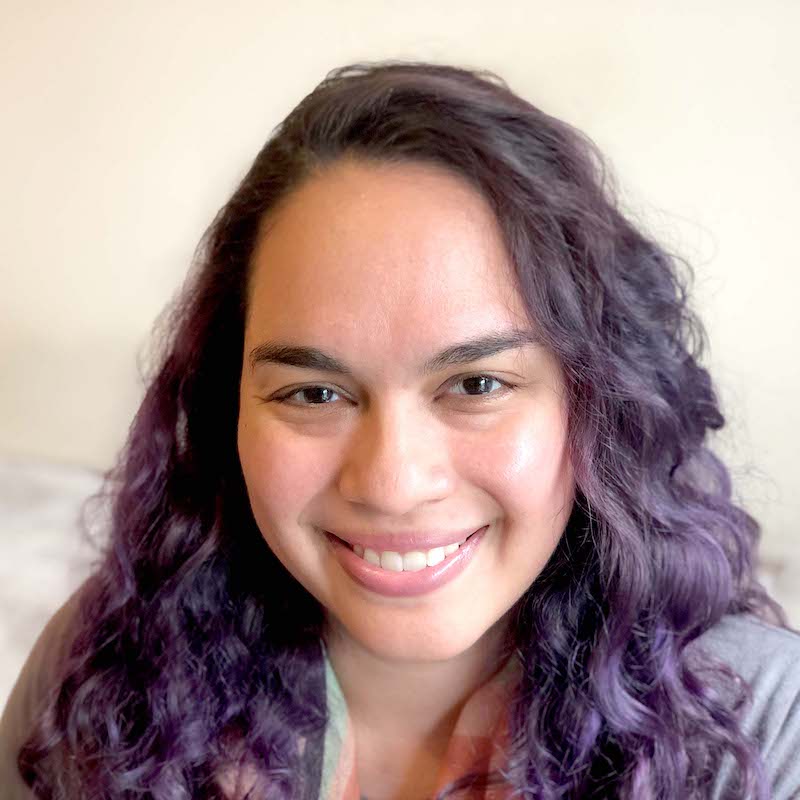
- Details
- By Monica Whitepigeon
NETT LAKE, Minn. –– In a tight-knit tribal community about 45 miles south of the Canadian border in Minnesota, the need for social distancing, coupled with the state’s stay-at-home order, is taking its toll on the Bois Forte Band of Chippewas, especially their Elders.
Many Elders have voiced concerns about feeling isolated and depressed during the pandemic, which has now impacted the country for nearly half a year.
The pandemic has limited older generations' access to caregivers and loved ones. The Kaiser Family Foundation’s recent tracking poll found that “older adults are particularly at risk for depression, which is often misdiagnosed and undertreated within this population. The prevalence of depression increases for those who require home health care or are hospital patients.”
Since older generations are more susceptible to COVID-19 and other serious illnesses, the tribe has tried to combat the growing concerns of self-isolation and depression while keeping members safe. Through relief funding, the tribe’s Behavioral Health department is finding creative solutions to strengthen the mental health of their citizens.
In May, the department issued a call out for volunteers to support Elders by participating in a pen pal program. Each participant receives an introduction packet, three stamped envelopes, and are encouraged to keep ongoing communications with one another. Tribal Elders are randomly matched with youth, community members and non-Native volunteers. Currently, the program has 43 pen pal pairings, which includes out of state volunteers from Alaska, North Carolina and Nebraska.
Melissa Wright is an enrolled member of the Bois Forte Band, and as well as being a licensed social worker she manages the tribe’s Behavioral Health department.
“[This program] takes a step back from technology and provides interactions for Elders to share their knowledge and pass down cultural connections,” Wright said. “It also benefits children to practice their writing skills.”
Pen pal programs allow people from different backgrounds to make personal connections and, in some cases, even reconnections. In one instance, Wright noted, a volunteer was randomly paired with someone who she had not seen nor interacted with since grade school. Both were thrilled to reconnect decades later.
Wright recognizes the need to create safe spaces for Native people through therapeutic programming such as this one. Mental health awareness is not only reserved for Elders, but also for younger generations.
According to Mental Health America, approximately 19 percent of adults experience a mental health illness, which is the equivalent of about 45 million Americans. Among all states, Minnesota ranks 17 with roughly 765,000 people affected.
The Bois Forte Reservation is comprised of three sectors––Nett Lake, Vermilion and Deer Creek––and has approximately 3,000 enrolled members, though most live off the reservation. Tribal offices in Nett Lake and Vermilion service nearly 450 citizens.
Having dedicated eight years to the tribe, Wright wants to change opinions about therapy and mental wellness to help improve the well-being of tribal members.
“I’ve always had a drive to help my reservation,” she said. “There’s a lot of trauma and emotional hardships in Indian Country.”
Indian Health Services has reported that “more than 50 percent of the mental health programs and more than 90 percent of the alcohol and substance abuse programs are Tribally operated. This evolution in behavioral health care delivery and management is changing the face of behavioral health services in Indian Country.”
Wright’s behavioral health team offers substance abuse counseling, diagnostic assessments for children and adults, therapy for individuals and families as well as prevention services geared towards youth. Over the past several months, her team has shifted gears to accommodate safety protocols and cater to telehealth services. They encourage peer support groups such as weekly Zoom check-ins with a licensed therapist.
“It’s been challenging to navigate through technical issues,” Wright said. “But the staff does their best during this transition to update safety protocols.”
Despite limited physical interaction, Wright’s team continues to make the most of it and aims to provide as many services as possible. In a recent YouTube video, Wright and colleague Emily Barto addressed different ways to mentally cope during this challenging time.
 Melissa Wright and Emily Barto from Bois Forte Behavioral Health offers tips on how to cope with all the stress and unknown during the pandemic.
Melissa Wright and Emily Barto from Bois Forte Behavioral Health offers tips on how to cope with all the stress and unknown during the pandemic.
One of Wright’s favorite quotes, which has become her motivation throughout this pandemic, is from author Vivian Greene. “‘Life isn’t about waiting for the storm to pass. It’s about learning to dance in the rain,’” said Wright, reciting the author. “You can’t avoid it, so you learn to dance and be resilient.”
For more information about the pen pal program, call Erin Danielson at 218-757-3295 or email Erin.danielson@
More Stories Like This
Native News Weekly (August 25, 2024): D.C. BriefsNavajo Nation Mourns the Passing of Former Vice President Rex Lee Jim
Deb Haaland Earns Endorsement From Communications Workers of America Local 7076
University Soccer Standout Leads by Example
Two Native Americans Named to Democratic Congressional Campaign Committee's“Red to Blue” Program
Help us defend tribal sovereignty.
At Native News Online, our mission is rooted in telling the stories that strengthen sovereignty and uplift Indigenous voices — not just at year’s end, but every single day.
Because of your generosity last year, we were able to keep our reporters on the ground in tribal communities, at national gatherings and in the halls of Congress — covering the issues that matter most to Indian Country: sovereignty, culture, education, health and economic opportunity.
That support sustained us through a tough year in 2025. Now, as we look to the year ahead, we need your help right now to ensure warrior journalism remains strong — reporting that defends tribal sovereignty, amplifies Native truth, and holds power accountable.
 The stakes couldn't be higher. Your support keeps Native voices heard, Native stories told and Native sovereignty defended.
The stakes couldn't be higher. Your support keeps Native voices heard, Native stories told and Native sovereignty defended.
Stand with Warrior Journalism today.
Levi Rickert (Potawatomi), Editor & Publisher

